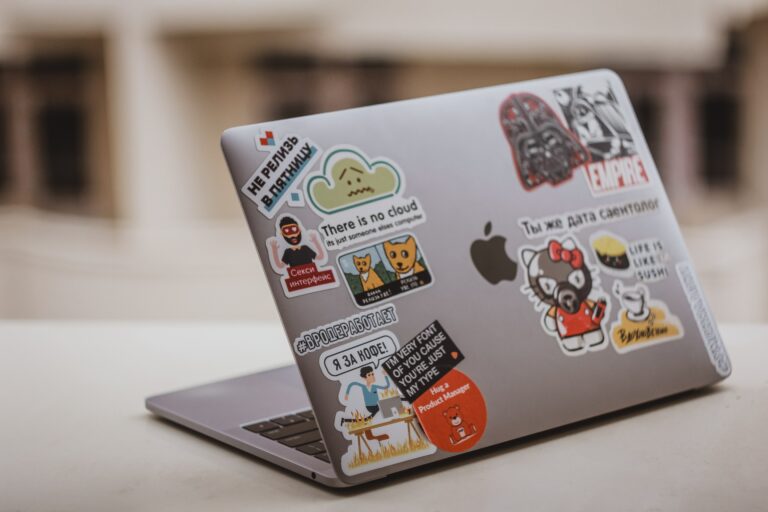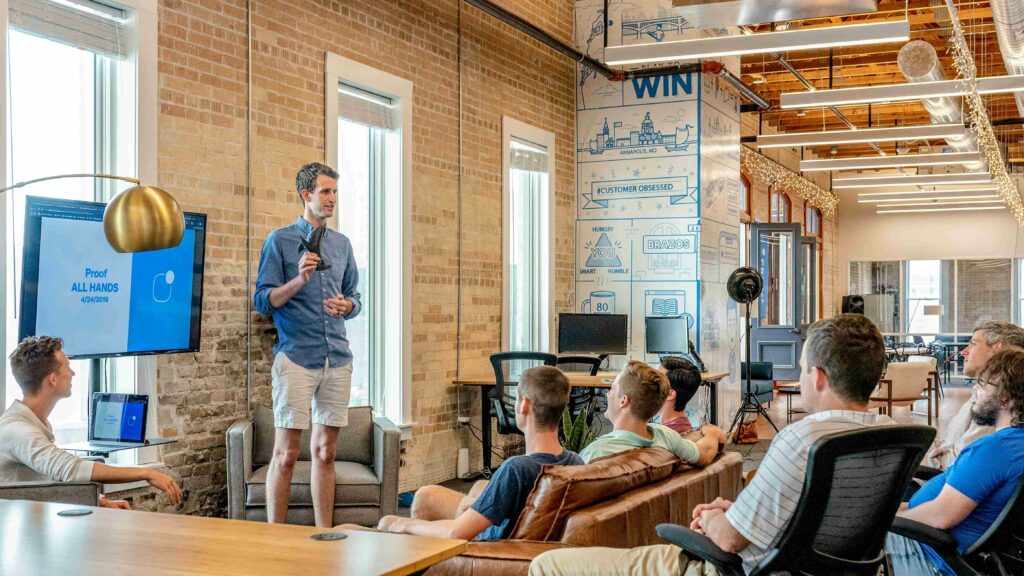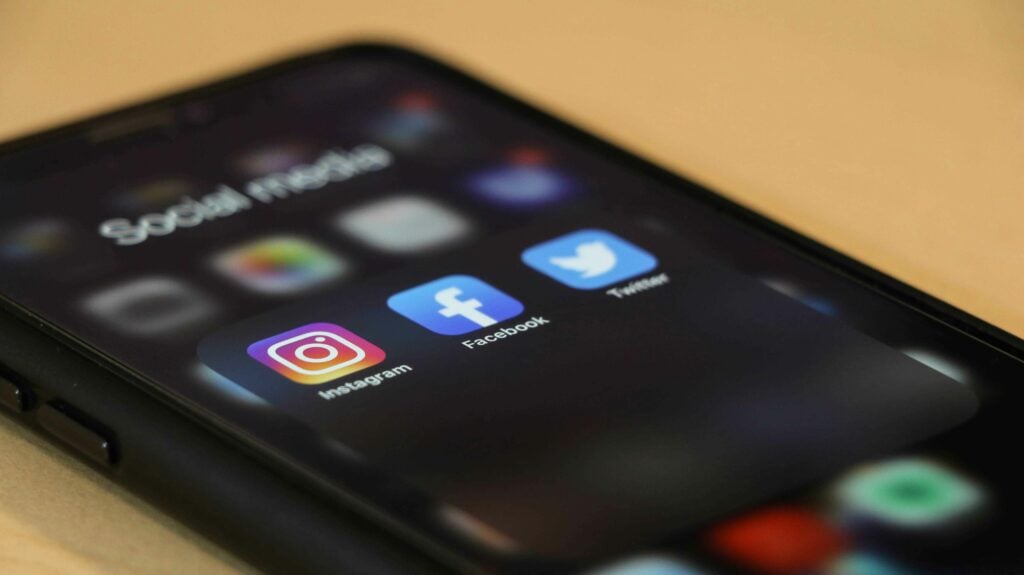In today’s world, where we connect digitally across continents, video call recordings now play a vital role in our work and personal lives. These recordings capture everything from critical business discussions to cherished family moments, making them valuable and often sensitive. The question of who owns these recordings is not straightforward. It’s tangled up in a web of legal and ethical considerations that change from one country to another.
Ownership of video call recordings isn’t just about who pressed the ‘record’ button. It involves understanding a mix of laws and moral principles that differ worldwide. These rules are shaped by the type of conversation recorded and its purpose, creating a diverse legal landscape. This blog looks at these, showing how different countries handle the delicate balance of ownership rights, personal privacy, and security in the digital realm.
The Basics of Video Call Recording Ownership
When working out who owns video call recordings, it is essential to first define what constitutes a ‘video call recording’. In its simplest form, it is a digital capture of an audio-visual interaction conducted over the internet. The scope of such recordings has expanded a lot in recent years. It now includes everything from informal chats to formal corporate meetings and public broadcasts. In this context, ownership extends beyond possessing a digital file; it involves legal rights to control, use, and potentially distribute the content of these recordings.

The legal interpretation of ownership hinges on a range of factors. One of the most significant is where the recording occurs, as different countries have varying laws regarding digital recordings. This might not be so easy if you’re working with a team internationally, however.
Additionally, the context in which the recording is made – whether for personal, educational, or commercial purposes – can influence ownership rights.
Ethically, ownership is intertwined with responsibility, especially in terms of respecting the privacy and consent of all recorded parties.
No matter where the recording is made, CONSENT should be the key and do not record without consent.
Almost all countries require explicit consent from all participants before a video call can be legally recorded.
Short On Time? Here’s Who (Usually) Owns The Video Recording
Country/Region | Typical Ownership of Video Call Recordings |
United States | Varies by state; usually the party initiating the recording or the company hosting the call. Consent laws are key. |
European Union | The entity or individual initiating the recording, under GDPR guidelines. |
Japan | The individual or organization initiating the recording, subject to APPI consent rules. |
China | Typically, the recording entity (individual or company), with focus on data security over individual consent. |
Australia | The recorder or the organization conducting the call, adhering to Privacy Act and state laws. |
New Zealand | Generally, the party initiating the recording, within the Privacy Act guidelines. |
Canada | Often the individual or organization that initiates the recording, following PIPEDA guidelines and provincial laws. |
United Kingdom | Post-Brexit, similar to EU under GDPR-like regulations, with the recording initiator typically owning it. |
India | The recording party, subject to IT Act and reasonable expectation of privacy. Consent varies by context. |
Brazil | Typically, the party that records, but must comply with the General Data Protection Law (LGPD) regarding consent. |
Ownership Laws in the United States

In the United States, the legal landscape regarding the copyright of video call recordings involves a complicated mix of federal and state laws. Key federal legislation, such as the Electronic Communications Privacy Act (ECPA) of 1986, governs the interception and recording of electronic communications, including video calls. Under the ECPA, it is generally illegal to intercept or record a video call without the consent of at least one party involved in the conversation, which has copyright implications.
Moreover, individual state laws in the U.S. introduce additional layers of complexity. States are categorized into two groups: one-party consent states and all-party consent states. One-party consent states, like New York and Texas, allow recording as long as one party involved in the call agrees to it, potentially raising copyright issues. Conversely, all-party consent states, such as California and Florida, require the consent of every party involved in the video call, which also impacts copyright considerations.
As varying state laws may apply, the copyright implications can become particularly significant in cases involving participants across different states. Furthermore, ethical considerations come into play, centering on the balance between the necessity of recording for copyright and documentation purposes and individuals’ expectations of privacy. In educational settings, the copyright aspect emerges when recording lectures for accessibility reasons, which must be weighed against students’ consent and privacy.
Ownership Laws in the European Union

Under the GDPR (General Data Protection Regulation) in the European Union, ownership of video call recordings typically resides with the organization or individual who made the recording. However, it’s essential to emphasize that ownership should not be confused with data protection responsibilities.
While the entity that created the recording may own the physical recording, they have significant responsibilities under GDPR regarding the processing and protection of personal data within the recording. GDPR places strict requirements on obtaining consent, ensuring transparency, protecting data, and respecting individuals’ privacy rights within video call recordings.
In the United Kingdom, the GDPR was incorporated into domestic law through the Data Protection Act 2018. Therefore, similar rules and obligations regarding video call recordings and data protection apply in the UK. Organizations and individuals in the UK must also comply with these regulations, ensuring that they handle personal data within video call recordings in a lawful and responsible manner.
Ownership Laws in Asia: A Focus on Japan and China
In Asia, particularly in countries like Japan and China, the copyright and ownership laws regarding video call recordings have their own unique aspects, reflecting the diverse legal and cultural contexts of these regions.
Japan

In Japan, copyright law is governed by the Copyright Act of Japan. As mentioned earlier, this act protects the rights of creators of original works, including recordings. The act stipulates that the copyright for a video call recording would typically belong to the person or entity that set up and actively recorded the meeting. This could include corporate entities if the recording was made in a work-related context.
In addition to copyright, privacy laws are crucial in Japan. Recording a conversation without consent can be problematic under privacy laws, especially if the recording is shared or used beyond its intended purpose. Also, if the recording is part of an employee’s job duties in a corporate environment, the copyright might belong to the employer, following the principle of “work made for hire”.
China

In China, however, the copyright situation is guided by the Copyright Law of the People’s Republic of China. This law also grants copyright to the creator of a work, which in the case of a video call, is generally the person or entity making the recording.
There is one key difference for China though. China has stringent state regulations and censorship rules that can impact the recording and distribution of digital content, including video calls. These regulations can influence who can legally record and distribute a video call. With the implementation of China’s Personal Information Protection Law (PIPL), there is an increasing focus on the protection of personal data and privacy. This law imposes obligations on how personal data is collected, used, and stored, affecting how video call recordings are handled.
The Role of Meeting Management Software in Recording Ownership

Using a tool like tl;dv for managing video call recordings brings several practical benefits, especially in terms of organization and clarity. While tl;dv greatly aids in making users aware of when a meeting is being recorded, where the recording is stored, who has access to it, and how it is used, it’s important to note that the use of such a tool does not change the fundamental legal requirements related to copyright and obtaining consent for recording meetings. The responsibilities of adhering to copyright laws and securing necessary consent rest on the users, not the tool itself.
The features of tl;dv include recording, transcription, timestamping, and creating clips, each one offering streamlined management of video call recordings. These enable users to easily navigate through recordings, pinpoint relevant segments, and share these efficiently, contributing to a more organized and accessible meeting management process.
However, users must be proactive in ensuring that their use of tl;dv or any recording tool complies with the relevant laws and regulations, particularly those pertaining to copyright and consent, which can vary significantly from one country to another.
While tl;dv provides a consistent set of features to users worldwide, the legal implications of recording and sharing video calls are subject to the laws of the specific region in which the users operate. Therefore, while the tool offers a practical solution for managing video call recordings, it is imperative for users to independently verify and ensure that they are in compliance with the legal requirements applicable in their respective regions. In essence, tools like tl;dv enhance the management of digital meetings but do not absolve users from their legal responsibilities in the realms of copyright and consent.
Take Your Meetings to the Next Level with tl;dv
Transforming the way you manage digital meetings can be simple and efficient with the right tool. tl;dv offers a streamlined approach to recording, transcribing, and sharing key moments in your online meetings. This tool isn’t just about utility; it’s about enhancing the overall meeting experience.
With tl;dv, you gain more than just a recording tool. It’s an enhancement to your digital communication, providing a straightforward way to capture and revisit important discussions. Whether for compliance, clarity, or collaboration, tl;dv caters to a variety of needs, making your meeting management effortless and more productive.
Are you looking to bring a new level of organization and effectiveness to your virtual meetings? Consider giving tl;dv a try. It’s a step towards making your online interactions more productive and engaging. To explore these benefits for yourself, download tl;dv and see how it can transform your approach to digital meetings.







